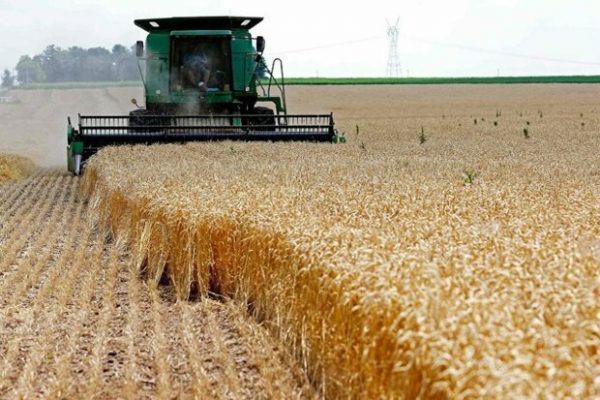Egypt has announced plans to increase domestic product (GDP) contribution of its agriculture sector to 12% by 2024, in addition to increasing agricultural production by 30% by 2024. Minister of Planning and Economic Development Hala El-Said revealed the plans and said the move aims to create job opportunities in the sector and increase the income of small farmers, whilst increasing exports.
“We are planning on investments and future reforms in the food system in Egypt, with the country’s food sector managing to address the effects of the novel coronavirus (COVID-19) pandemic,” said Hala El-Said.
The minister noted that the country did not witness a shortage of food or a decline in any of the strategic crops. Egypt was also able to ensure food security for the poorest groups, which was achieved through many financial and monetary measures put in place by the government to cushion the economic impacts of the crisis.
Stimulus policies
The Egyptian Government undertook a set of measures, including stimulus policies such as a financial package of LE 100 billion at a rate of 1.8% of GDP. This was in addition to the initiatives put in place by the Central Bank of Egypt (CBE), to extend its program of LE 100 billion to cover lending at preferential rates to the agricultural sector.
Cash transfers to the most vulnerable families and groups in Egypt were also expanded. El-Said said that Egypt’s agro-food sector takes into account agriculture and food processing as well as related inputs and trade. The sector makes up around 24.5% in GDP, and 23.2% in the added value of labor in Egypt.
The minister indicated that agriculture and food production are among the most attractive investment opportunities in Egypt. The country also boasts good quality soil and climatic conditions, as well as its geographical location close to the Arab region and Europe, along with its large participation in trade agreements.
Structural reform program
She added that the Egyptian Government’s launch of the structural reform program in 2016 focused on raising the productive capacity and competitiveness of the real economy. It had a special focus on industry, information and communication technology (ICT), and agriculture.
Moreover, the program focused on elements related to food security, such as the green economy, environmental protection, and facing the challenge of an increasing population. It recognizes the fact that there is a need to control population growth rates and deal with water scarcity.
El-Said also indicated that the Egyptian Government is implementing a project of land reclamation and cultivation of 1.5 million feddans, to improve food security. It is also adopting a participatory approach to rehabilitating rural areas through one of the largest social protection programs, the “Decent Life” initiative, which has received investments amounting to $45 billion (LE 700 billion).She explained that the program, which is looking to cover over 50 percent of the Egyptian population, aims to modernize rural infrastructure, and provide basic and social services to 4,700 villages.








